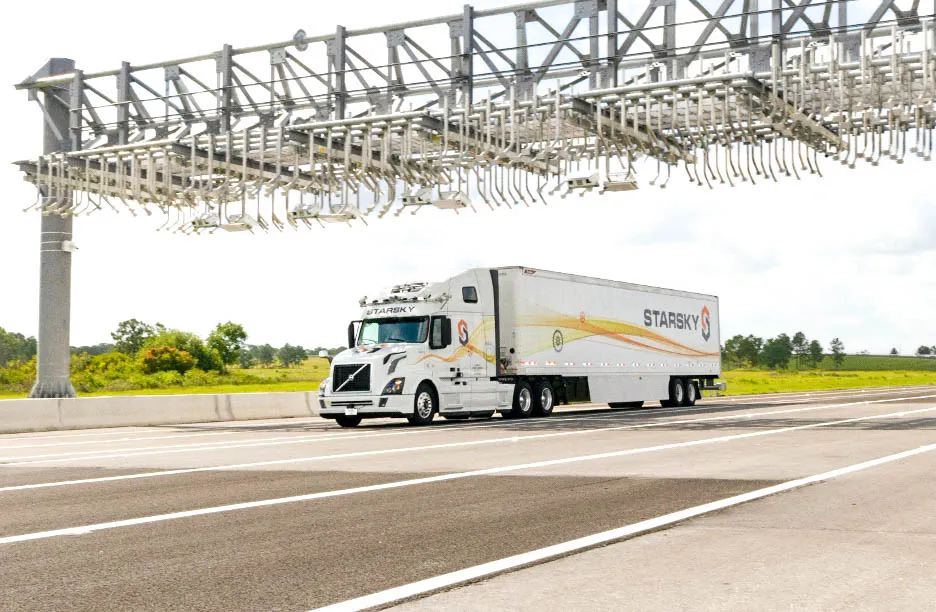Independent research and development organisation Southwest Research Institute (SwRI) and testing and inspection services provider TÜV Rheinland Mobility have signed a memorandum of understanding to develop functional standards for the performance of autonomous driving on public roadways. Following the lead of Florida, California and Nevada, which have all developed regulations enabling autonomous driving, SwRI and TÜV Rheinland Mobility will collaborate to establish standards and performance metrics that w
January 15, 2013
Read time: 2 mins
Independent research and development organisation Southwest Research Institute (SwRI) and testing and inspection services provider TÜV Rheinland Mobility have signed a memorandum of understanding to develop functional standards for the performance of autonomous driving on public roadways.
Following the lead of Florida, California and Nevada, which have all developed regulations enabling autonomous driving, SwRI and2236 TÜV Rheinland Mobility will collaborate to establish standards and performance metrics that will enable the three leading and other states to evaluate and regulate the efficacy of automated driving.
Both organisations will build on their experiences in the automotive, military, standards development and certification industries to develop standards that the automated driving industry can apply to measure its success. Nevada has required that the industry build such standards in the near future, and more states are expected to follow.
With a long history in the automotive industry, including certification for the transportation industry, homologation, quality testing, and connected vehicle assessment and testing, the SwRI and TÜV Rheinland Mobility team looks to work with the government and industry to define the criteria that will meet the states’ requirements for testing and acceptable performance metrics for automated driving.
“Our team realises that the action of the states to begin regulating automated driving portends a national trend of the state and international actions to regulate this emerging industry,” said Suzanne Murtha, TÜV Rheinland Mobility. “We look forward to helping the industry stay ahead of this trend and, possibly, even include some of the forthcoming standards into the regulatory language.”
Following the lead of Florida, California and Nevada, which have all developed regulations enabling autonomous driving, SwRI and
Both organisations will build on their experiences in the automotive, military, standards development and certification industries to develop standards that the automated driving industry can apply to measure its success. Nevada has required that the industry build such standards in the near future, and more states are expected to follow.
With a long history in the automotive industry, including certification for the transportation industry, homologation, quality testing, and connected vehicle assessment and testing, the SwRI and TÜV Rheinland Mobility team looks to work with the government and industry to define the criteria that will meet the states’ requirements for testing and acceptable performance metrics for automated driving.
“Our team realises that the action of the states to begin regulating automated driving portends a national trend of the state and international actions to regulate this emerging industry,” said Suzanne Murtha, TÜV Rheinland Mobility. “We look forward to helping the industry stay ahead of this trend and, possibly, even include some of the forthcoming standards into the regulatory language.”









